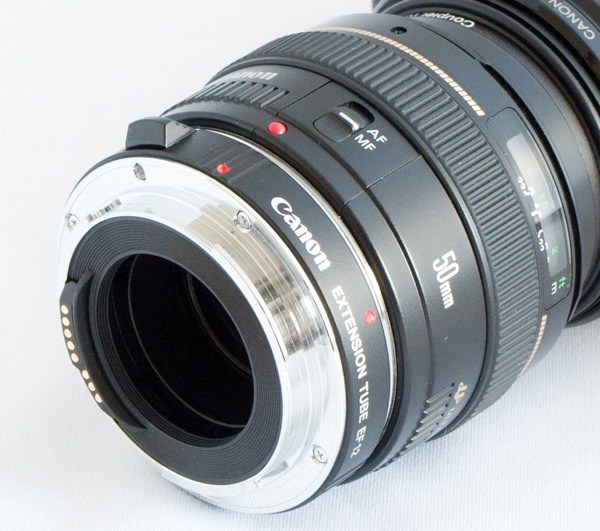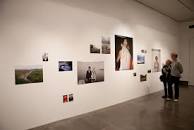involuntarily
VIVIEN MAYER (© VIVIAN MAIER) – GENIUS OBSERVING REALITY
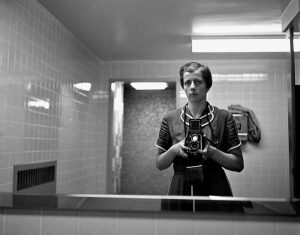 The story of the American photographer Vivien Maier (© Vivian Maier) is an interesting case of fame that came to the photographer only after death. Nobody saw her carefully assembled archive of almost one hundred thousand negatives, it was discovered by chance, and made a real international sensation.
The story of the American photographer Vivien Maier (© Vivian Maier) is an interesting case of fame that came to the photographer only after death. Nobody saw her carefully assembled archive of almost one hundred thousand negatives, it was discovered by chance, and made a real international sensation.
A detailed and distinctive illustration of the life of American society of the 60s and 70s, funny street plots and surprisingly characteristic portraits do not leave anyone indifferent. In terms of professionalism, ability to approach the model and reveal her personality, Meyer is compared with Robert Frank and Lee Friedlander.
Art lasts forever and works outlive their creators who serve only as “guides” between creativity and the viewer. Unfortunately, the name Mayer became known only after her death, and she did not receive the recognition she deserves. Continue reading
ANTON CORBEIN – THE MOST ROCKY PHOTOGRAPHY OF MODERNITY
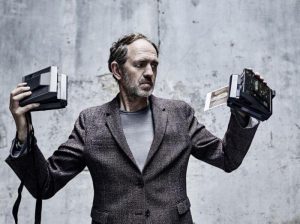 “I shot everyone,” A. Corbain
“I shot everyone,” A. Corbain
Anton Corbijn was born in a Dutch province in 1955. His father was a priest of the Protestant church, and his mother was a nurse. Anton’s childhood passed in a small village. As a teenager, he becomes interested in photography. Corbain attended concerts and took the first pictures there, which he sold to local publications. Then he did not know what exactly the photos of the musicians would make him famous. The first significant mark in the career of the future photographer can be called a collaboration with the Dutch magazine Oor. Absolute self-taught managed to make interesting and deep shots. The obvious talent of the guy was torn out. In 1979, Arthur left his homeland and moved to London. Continue reading
HOW TO OBTAIN BEST RESULTS BY REMOVING AN ULTRA-WIDE ANGLE LENS
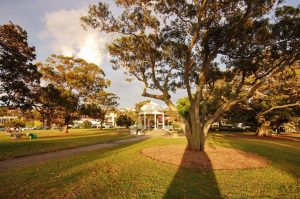 Today, most consumer DSLR lens kits are wide-angle. The 18 mm lens on the APS-C sensor camera (or 27 mm on the old 35 mm) is wide enough for most cases. Ultra-wide-angle lenses are characterized in that their focal length is less than 16 mm. It is here that new creative possibilities and new obstacles open up.
Today, most consumer DSLR lens kits are wide-angle. The 18 mm lens on the APS-C sensor camera (or 27 mm on the old 35 mm) is wide enough for most cases. Ultra-wide-angle lenses are characterized in that their focal length is less than 16 mm. It is here that new creative possibilities and new obstacles open up.
On crop sensor lenses, a focal length of 30-35 mm provides what we call the “normal” field of view, which is roughly equivalent to what the human eye sees. At 18 mm the field of view is almost two times wider, so it is possible to place many objects in the frame. At 12 mm you will again get 50% of the field of view, which is already very far from the “normal” – in this case, you need to turn your head to capture all the details. Continue reading


